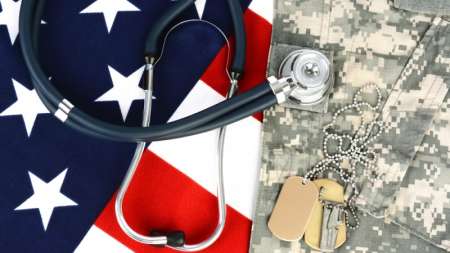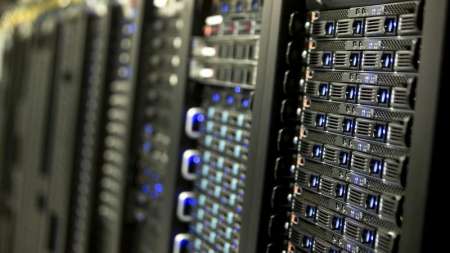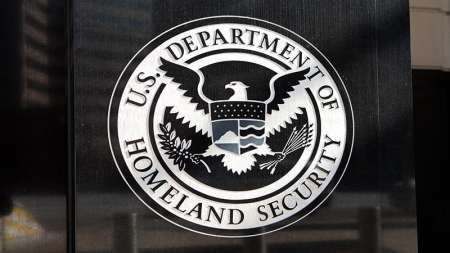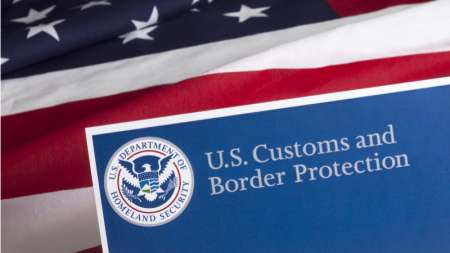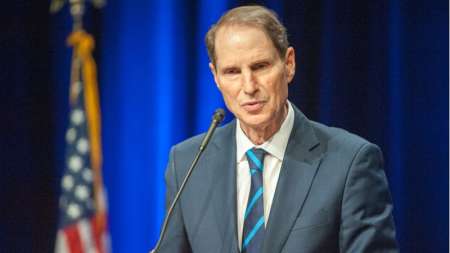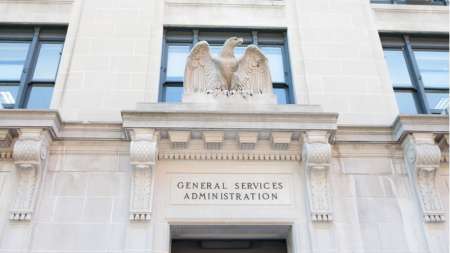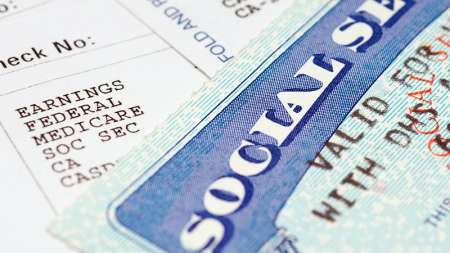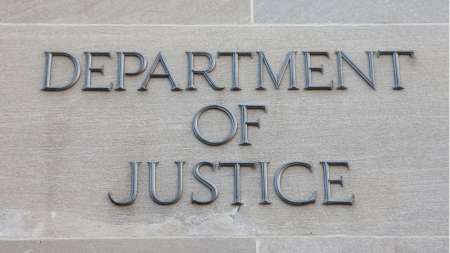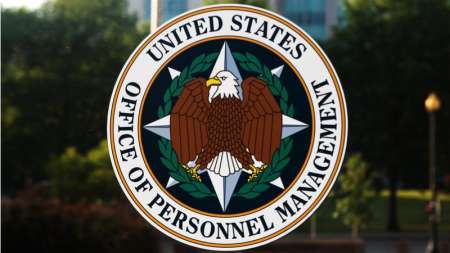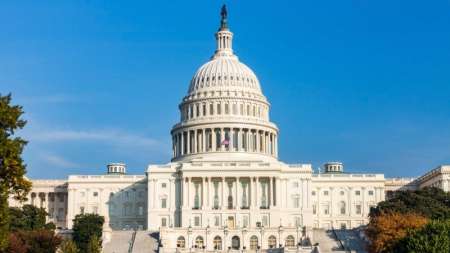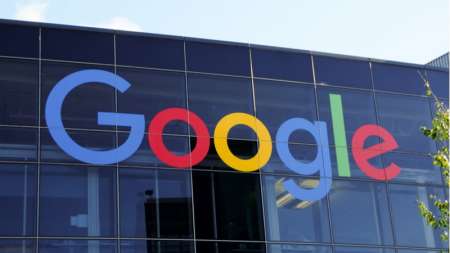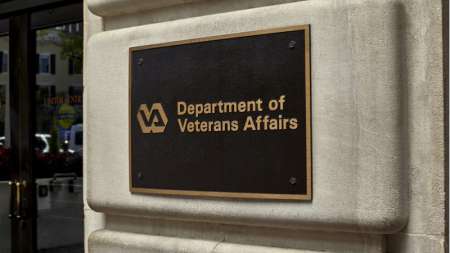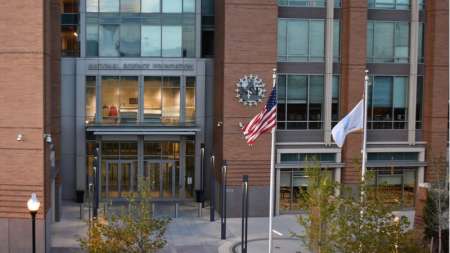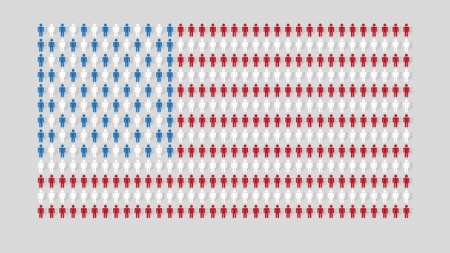The House Appropriations Committee voted on June 11 to approve a spending package that includes a 3.1 percent pay increase for civilian Federal employees for FY20. […]
The House Committee on Veterans Affairs Subcommittee on Technology Modernization met today to discuss the implementation of Electronic Health Record (EHR) Systems at the Department of Veterans Affairs (VA) and the Department of Defense (DoD). […]
The Government Accountability Office (GAO) identified 10 agency legacy systems in most critical need of modernization in a June 11 report. […]
The House Appropriations Financial Services and General Government (FSGG) Subcommittee proposed a total of $24.5 billion for FSGG discretionary budget authority in fiscal year 2020, which includes funding for election security, modernizing the Internal Revenue Services (IRS), and protecting consumer data. […]
The House Appropriations Committee Homeland Security Subcommittee allocated $63.8 billion in its draft of the FY2020 Department of Homeland Security (DHS) budget, including increased funding to efforts to bolster cybersecurity, election security, and new IT and border security technologies. […]
The House Appropriations Committee is putting pressure on the General Services Administration (GSA) to get agencies migrated over to the Enterprise Infrastructure Solutions (EIS) Contract, including a provision to push agencies to adopt the contract, as well as other IT oversight items for GSA. […]
U.S. Customs and Border Patrol (CBP) officials confirmed that no more than 100,000 photos of travelers and license plates were compromised in a data breach CBP identified on May 31, according to The New York Times and Washington Post. […]
Most industries are still vulnerable to fake emails and email addresses despite using Domain-based message Authentication, Reporting & Conformance (DMARC) protocols. […]
Federal agencies are remediating critical and high vulnerabilities in their IT systems within the allotted time frame only about half the time, according to figures within the Department of Homeland Security’s (DHS) fiscal year 2020 congressional budget justification. […]
Sen. Ron Wyden, D-Ore., requested information on how the Department of Justice (DoJ) is securing its offensive cyber tools in a June 5 letter to Attorney General William Barr. […]
Today was the deadline for wireless emergency alerts (WEA) to feature enhanced alerting support, but the Department of Homeland Security (DHS) has informed the Federal Communications Commission’s Public Safety and Homeland Security Bureau that the Integrated Public Alert and Warning System (IPAWS) will not be able to support updates to WEAs at this time, the FCC said in a statement. […]
The General Services Administration (GSA) released a request for information (RFI) Friday, June 7 on the agency’s plan to consolidate its 24 existing schedules into one contract vehicle, including a draft version of the terms and conditions for the new Multiple Award Schedule (MAS). Feedback is due by June 21. […]
The Government Accountability Office (GAO) released a report today that examines challenges and potential risks for consumers and regulators of insurance company technology, or insurtech, as insurance companies have begun to leverage artificial intelligence (AI), mobile applications, big data, and other technologies into their services. […]
The National Oceanic and Atmospheric Administration (NOAA) extended a request for information on a potential enterprise data exchange to share weather observations across the globe. Responses are now due by June 17. […]
The Social Security Administration (SSA) is planning to enroll participants in a new system to electronically verify Social Security information by June 2020, as the agency announced in an upcoming Federal Register notice posted today. […]
The Federal Bureau of Investigation (FBI) and the Justice Department (DoJ) still have more work to do to boost the accuracy of facial recognition technology (FRT) they use and to ensure privacy of data used with that technology. […]
Two FISMA (Federal Information Security Modernization Act) report summaries released June 4 highlight weaknesses in cybersecurity procedures at the Executive Office for United States Attorneys (EOUSA). […]
The National Science and Technology Council’s (NSTC) Subcommittee on Quantum Information Science (SCQIS) is seeking information on recommendations related to key policy areas in quantum information science (QIS). […]
The General Services Administration (GSA) dropped a list of 22 new vendor agreements to provide Centers of Excellence (CoE) initiatives at agencies with more options for advancing their IT modernization initiatives. […]
Representatives from different Federal agencies at ACT-IAC’s Emerging Technology Forum today said that they are leveraging artificial intelligence (AI), robotic process automation (RPA), quantum computing, blockchain, and other emerging technologies to make strides in their work. […]
The Continuous Diagnostics and Mitigation (CDM) program is currently piloting the CDM Aware algorithm at different agencies, but there’s uncertainty as to whether a full implementation will be ready by October, while a soft roll out may still be in play, said Jeanette Manfra, assistant director for Cybersecurity at the Department of Homeland Security’s (DHS) Cybersecurity and Infrastructure Security Agency (CISA). […]
A draft Homeland Security budget released by the House Appropriations Committee today offers $2 billion in funding for the Cybersecurity and Infrastructure Security Agency, $408 million more than the Trump administration’s budget request. […]
House Democrats did not include funding for the Trump administration’s proposed merger of the Office of Personnel Management (OPM) and General Services Administration (GSA), opting instead to increase OPM’s funding in the draft Financial Services and General Government (FSGG) funding bill released Sunday. […]
In contrast to the White House’s fiscal 2020 budget proposal that would freeze civilian Federal workers’ salaries next year, the House Appropriations Committee is proposing a 3.1 percent increase in those salaries in its Financial Services and General Government (FSGG) appropriations bill. […]
The Justice Department (DoJ) is preparing a potential antitrust investigation of Google to examine the tech giant’s internal practices and search rankings, according to the Wall Street Journal. […]
Democrats on the House Appropriations Committee released a draft of the fiscal year 2020 Financial Services and General Government (FSGG) funding bill that would see the Federal Trade Commission (FTC) and Federal Communications Commission (FCC) get a bump in their funding. […]
The Department of Veterans Affairs (VA) Office of Inspector General (OIG) cited IT problems as an “ongoing obstacle” to the VA serving its mission in its semiannual report to Congress, publicly released May 30. […]
Concerns over the National Science Foundation’s (NSF’s) inappropriate electronics use and information security program shortfalls were two of several highlighted in NSF’s Office of Inspector General’s (OIG’s) semiannual report to Congress that was publicly released today. […]
With less than a year until Census Day left, the Government Accountability Office (GAO) said that the Census Bureau’s critical census IT systems and cybersecurity mitigation and contingency plans are high-concern areas among the 360 active risks for the 2020 Census that GAO identified in a report today. […]
The Department of Homeland Security (DHS) Insider Threat Program (ITP) faces vulnerabilities because of DHS’s incomplete documentation and privacy monitoring procedures for the program, according to a May 24 Office of the Inspector General (OIG) report. […]


